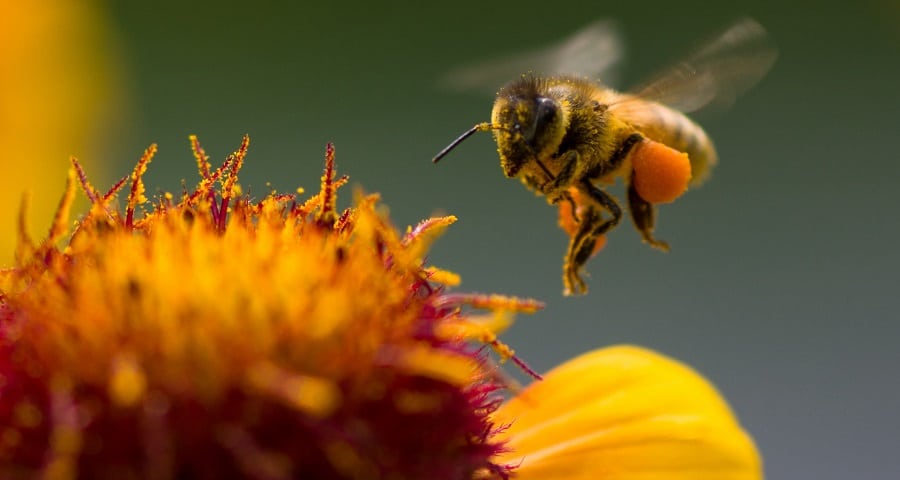READY TO GET STARTED?
REQUEST A FREE ESTIMATE
Fill out the form below or call (888) 466-7849 for a free, no-obligation estimate.

Due to their role in pollination, honeybees are extremely beneficial to our entire environment. This bee species contributes to the growth and reproduction of plants, where one bee can pollinate up to 1,000 flowers per day! It’s important to know what benefits these insects bring to us and how we can best protect them going forward.
Honeybees are big money makers for U.S. Agriculture, producing six hive products – honey, pollen, royal jelly, beeswax, propolis, and venom – which are all collected for various nutritional and medicinal purposes.
The production of honey from honeybees is extremely beneficial to the environment. According to the U.S. Department of Agriculture’s National Agriculture Statistics Service, honeybees made 157 million pounds of honey in 2019. With the cost of honey at $1.97 per pound, that’s a value of a little over $339 million. Honeybees are seen as a big contributor to the pollination of crops and contribute up to $15 billion in added crop value.
Unfortunately, a widespread bacterial disease called American foulbrood is destroying entire colonies of honeybees. The disease does not pose any risks to humans but can severely impact the bee population. An antibiotic has been created to treat colonies and prevent the spread between colonies. The antibiotic is considered a better option over burning and destroying entire hives.
Honey is not only important for the environment, but it can also be useful in our everyday lives! There are many ways to use honey. Although not scientifically proven, many people believe honey has medicinal benefits. Honey can also aid in fighting seasonal allergies, especially if the honey is produced locally.
Although honeybees are crucial for the environment, some people can be a little wary of having them near their homes. Protecting these insects is important for the environment, and it’s recommended that the first and only treatment for these bees is removing and relocating them and their hives by local beekeepers. If you notice you have a honeybee colony on your property, reach out to a local pest control company that can provide safe relocation for these insects.